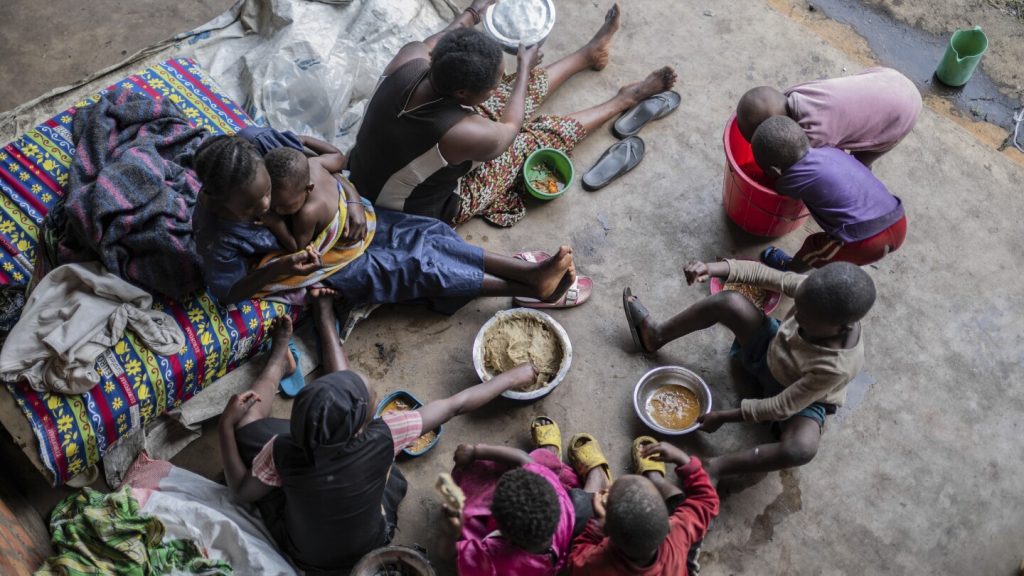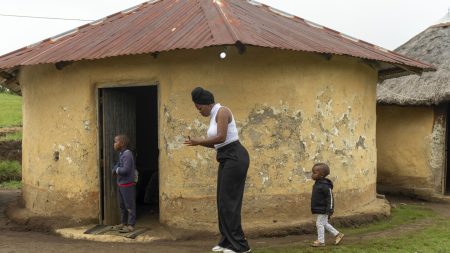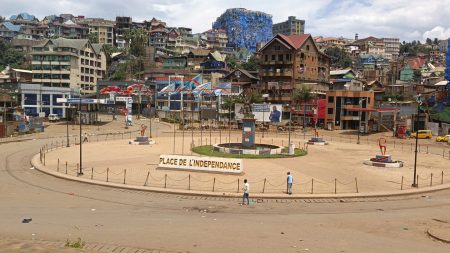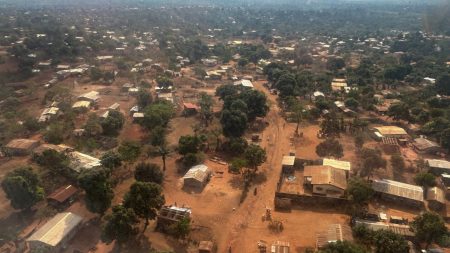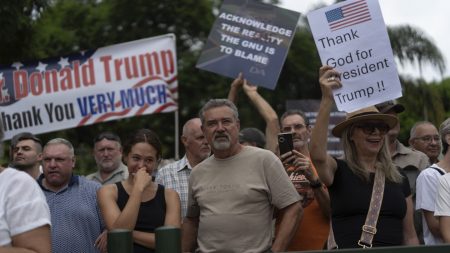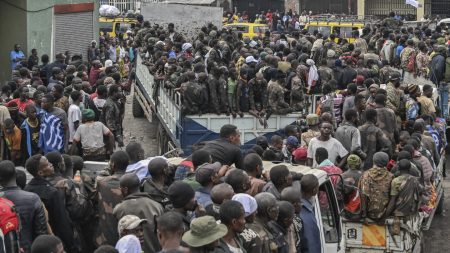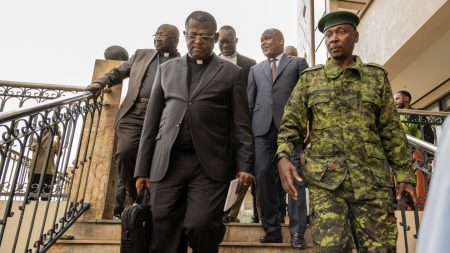A Call for Ceasefire and Dialogue in Eastern Congo
Regional leaders from eastern and southern Africa gathered in Dar es Salaam, Tanzania, on Saturday to address the escalating conflict in eastern Congo. The summit, attended by heads of state from the East African Community (EAC) and the Southern African Development Community (SADC), called for an immediate ceasefire in the region. Rebel groups, particularly the Rwanda-backed M23, have been advancing in eastern Congo, threatening the stability of the government led by President Felix Tshisekedi. Despite Tshisekedi’s initial refusal to negotiate with the M23, whom he accuses of exploiting Congo’s mineral resources, the summit urged direct dialogue with all parties, including the rebels. The communique issued at the end of the talks emphasized the need for "direct negotiations and dialogue with all state and non-state parties" to resolve the conflict peacefully.
The M23 rebels have made significant gains in recent months, seizing control of Goma, the largest city in eastern Congo. The conflict has resulted in nearly 3,000 deaths and displaced hundreds of thousands of people, according to UN reports. The fall of Goma has raised fears of a broader destabilization in the region, with the rebels vowing to march on the capital, Kinshasa, over 1,600 kilometers west. The summit, which included leaders like Rwandan President Paul Kagame and South African President Cyril Ramaphosa, highlighted the urgency of addressing the crisis before it spirals further out of control.
Rwanda’s Role and Regional Tensions
Rwanda has been at the center of the conflict, with UN experts alleging that the M23 rebels are backed by approximately 4,000 Rwandan troops. Kagame has denied these claims, insisting that Rwanda’s involvement is aimed at securing its borders and protecting its citizens from armed groups operating in eastern Congo. However, tensions between Rwanda and Congo have been longstanding, with Kagame accusing Tshisekedi’s government of allowing anti-Rwandan rebels to operate in the region. Rwanda has also raised concerns about the discrimination faced by Congolese Tutsis, a minority group in eastern Congo.
The deployment of SADC peacekeepers in eastern Congo, led by South Africa, has further complicated the situation. Kagame has criticized the SADC mission, arguing that the troops are not peacekeepers but rather combatants fighting alongside Congolese forces to defeat the M23. This has strained relations between Rwanda and South Africa, with Ramaphosa’s decision to deploy troops under the SADC banner drawing sharp criticism from Rwandan officials. Despite these tensions, the summit brought together leaders from both the EAC and SADC, signaling a rare moment of regional unity in addressing the crisis.
The Case for Dialogue and Its Challenges
Kenyan President William Ruto, who currently chairs the EAC, emphasized the importance of dialogue in resolving the conflict. "The lives of millions depend on our ability to navigate this complex and challenging situation with wisdom, clarity of mind, empathy," Ruto stated. He described dialogue as "not a sign of weakness" but rather a necessary step toward peace. However, the path to dialogue remains fraught with challenges. Tshisekedi has long refused to negotiate with the M23, viewing them as a proxy for Rwandan interests rather than a legitimate political force.
The M23 rebels, for their part, have framed their insurgency as a broader movement for better governance in Congo. In an open letter to the summit, the rebels accused Tshisekedi’s government of flouting democratic norms and failing to address the grievances of marginalized communities. They claimed to represent a diverse coalition of Congolese citizens, including those from various ethnic and linguistic backgrounds. While the rebels expressed openness to direct dialogue with the government, their advances on the battlefield have emboldened their position, making it unclear whether they will agree to withdraw from captured territories without significant concessions.
Pressure on Rebels to Withdraw and Reopen Goma
The summit in Dar es Salaam also called for the immediate reopening of Goma’s airport, which has been closed since the rebels captured the city. Humanitarian aid groups have warned that the closure is exacerbating a growing crisis, with thousands of displaced civilians in urgent need of assistance. Additionally, the summit demanded the withdrawal of "uninvited foreign armed groups" from Congolese territory, a thinly veiled reference to Rwanda’s alleged involvement.
Regional pressure on the M23 to pull back from Goma intensified further after a separate meeting of the Economic Community of Central African States (ECCAS) in Equatorial Guinea. ECCAS leaders joined the call for Rwanda to withdraw its troops from Congo and for the rebels to vacate Goma. However, with the M23 now in control of North Kivu, a mineral-rich province critical to Congo’s economy, the rebels may be reluctant to relinquish their gains without a negotiated settlement.
Conclusion: A Fragile Path to Peace
The summit in Dar es Salaam represented a rare moment of regional cooperation in addressing the crisis in eastern Congo. While the call for dialogue and ceasefire offers a glimmer of hope, the road to peace remains uncertain. The M23 rebels’ advances have deepened the conflict, and their demands for political reform and an end to discrimination against Congolese Tutsis resonate with some segments of the population. At the same time, the involvement of regional powers like Rwanda and South Africa has introduced new layers of complexity, threatening to escalate the conflict into a broader regional war.
For peace to take hold, all parties must prioritize dialogue over confrontation. As President Ruto noted, the lives of millions depend on the ability of leaders to navigate this challenging situation with empathy and wisdom. The international community, including organizations like the UN and the African Union, must also play a more active role in supporting regional mediation efforts and ensuring accountability for human rights abuses. Only through a combination of diplomacy, cooperation, and a commitment to justice can the people of eastern Congo hope to find lasting peace and stability.





